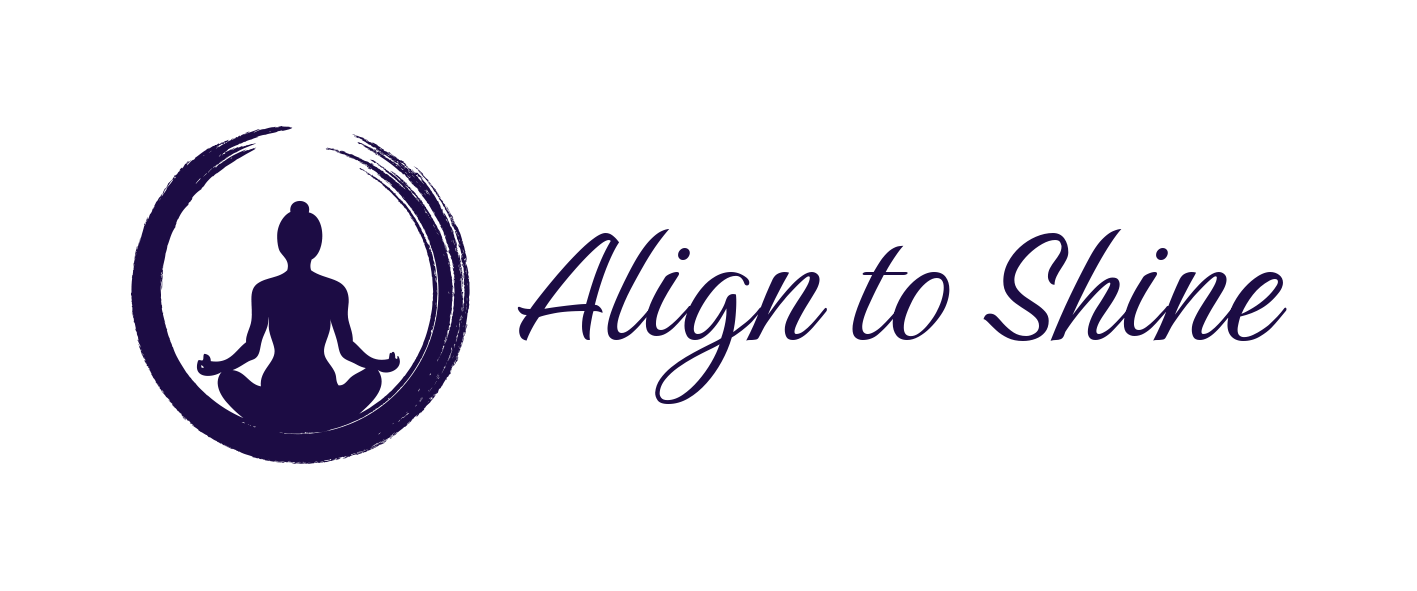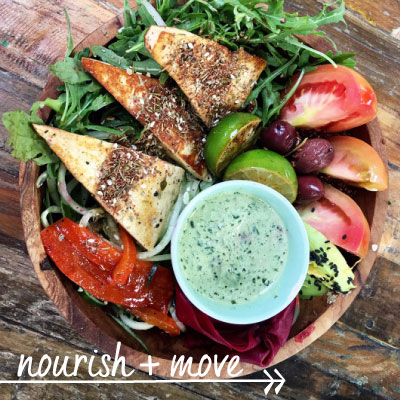
yogalign.co.nz admin
Beginners Welcome … Come Join Us!
Om
"Tensions are our guests; we have invited them. Relaxation is our nature, we don't have to invite it. You don't have to relax, you have to just stop inviting tensions, and relaxation will start on its own accord. In your very being, in every fiber, in every cell of your being there will be relaxation. This relaxation is the beginning of meditation."
Night Owl Cinema
Mount Drury Outdoor Cinema | 6pm to late
Entry by Gold Coin Donation
Food Trucks | Beats & Pizza
www.nightowlcinema.org.nz
Mount Drury Summer Sessions
Food | Music | Movies from 6pm, screening at 8-8.30pm
Saturday 13 December, Sunday 11 January, Saturday 14 February, Saturday 14 March
NZ Garden & Art Festival on Now!
New Zealand Garden & Art Festival
Katikati - Tauranga - Mount Maunganui - Te Puke
17 - 23 November 2014
Garden, Suspended Forest, Fashion, Sculpture & lots more at The Lakes Expo Pavilion
Harrison Grierson Speaker & Workshop Series
Plenty of Festival Events
The Garden Trail - Four Areas
Ticketing Information
www.ticketek.co.nz
0800 ticketek (842538)
Baycourt Community & Arts Centre
38 Durham Street
Tauranga
Feel Your Life Force
Experiential Exercise #14
Feel Your Life Force
(Adapted from Erich Schiffman, yoga master & author of Yoga, Moving Into Stillness)
From a standing position with your feet hip-distance apart, spread the fingers on one hand as widely as possible. Bend your elbow & raise up your hand, gazing at your palm retaining the spread of your fingers.
Close your eyes & visualize a sun radiating its energy in the palm of your hand. Visualize each finger as a ray of light & make the sun powerful, sending its energy from the center out to each finger tip.
Now sense your hand in its entirety without thinking. Just feel the energy that is your hand. You now are not actually feeling the "hand" instead, you are feeling the energy of the vibrational elements that make up your hand. The word hand becomes a concept, & feeling the energy that makes up your hand connects you to the vibration of our cells & of our life force.
Now visualize the sun in the centre of your body. Stand & press your feet into the floor as you feel your trunk elongating. Visualize your entire body radiating with light & vibrations from the centre.
Practice sensing the flow of mana, or prana, in your body ever day, whenever your can.
Taken from "YogAlign - Pain-Free Yoga From Your Inner Core" by Michaelle Edwards
Kiss My Art - The Power of Nature Photography
World-renowned nature photographer Dr Kim Westerskov delivers an illustrated conversation on the power of photography.
Thursday 9th October 2014 at 5.30pm
BAYCOURT
38 Durham Street, Tauranga, 3110
+64 (07) 577 7189
This email address is being protected from spambots. You need JavaScript enabled to view it.
Gold coin entry. Suitable of all ages.
Bookings essential
YogAlign with Michaelle Edwards article in the Viva Magazine today
Great article in the Viva Magazine with the New Zealand Herald today with Michaelle Edwards & YogAlign in Kauai.
"She's revolutionising the yoga world."
http://www.nzherald.co.nz/viva-magazine/news/article.cfm?c_id=533&objectid=11325741
Thanks Michaelle for your tenacity, passion and handwork!
New Zealand Garden & Art Festival
Garden Trail | Sculpture Symposium | Lakes Expo Pavilion
Featuring speakers, workshops, exhibitions & events galore!
Katikati, Tauranga, Mount Maunganui & Te Puke
17-23 November 2014
Tickets Available Now - www.ticketek.co.nz or 0800 842 538
Rejuvenate Mind, Body & Soul this Spring
Fresh back from a YogAlign weekend at the blissful Mana Retreat Centre, I would recommend to anybody looking for a little rest, relaxation and nurturing.
Check out their calendar online for up-coming workshops, conferences and personal retreats www.manaretreat.com
Mana is a stunning property in the beautiful Coromandel with wonderful staff and loads of yummy food!
Time Compressed? … Here's a great opportunity to start Meditating Now!
Create some space for You
www.mindbodygreen.com/0-14150/how-to-meditate-in-a-minute-video-tutorial.html
[caption id="attachment_718" align="alignleft" width="300"] Create some space for You[/caption]
Create some space for You[/caption]
Contact Leonie Main
m: +64 (0) 274 96 96 33
19B Golf Road, Mount Maunganui 3116, New Zealand
Facebook: Gypset Life














